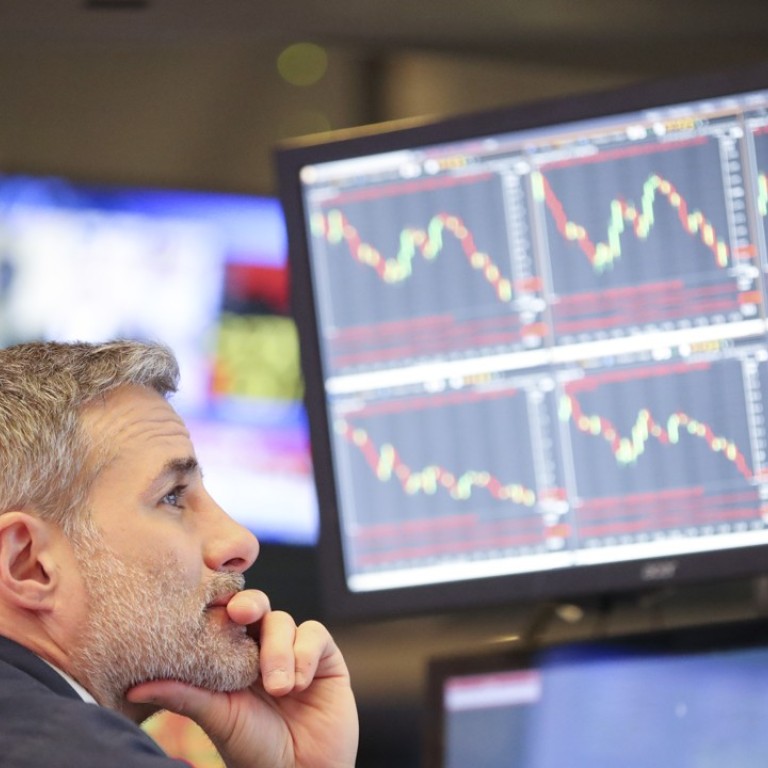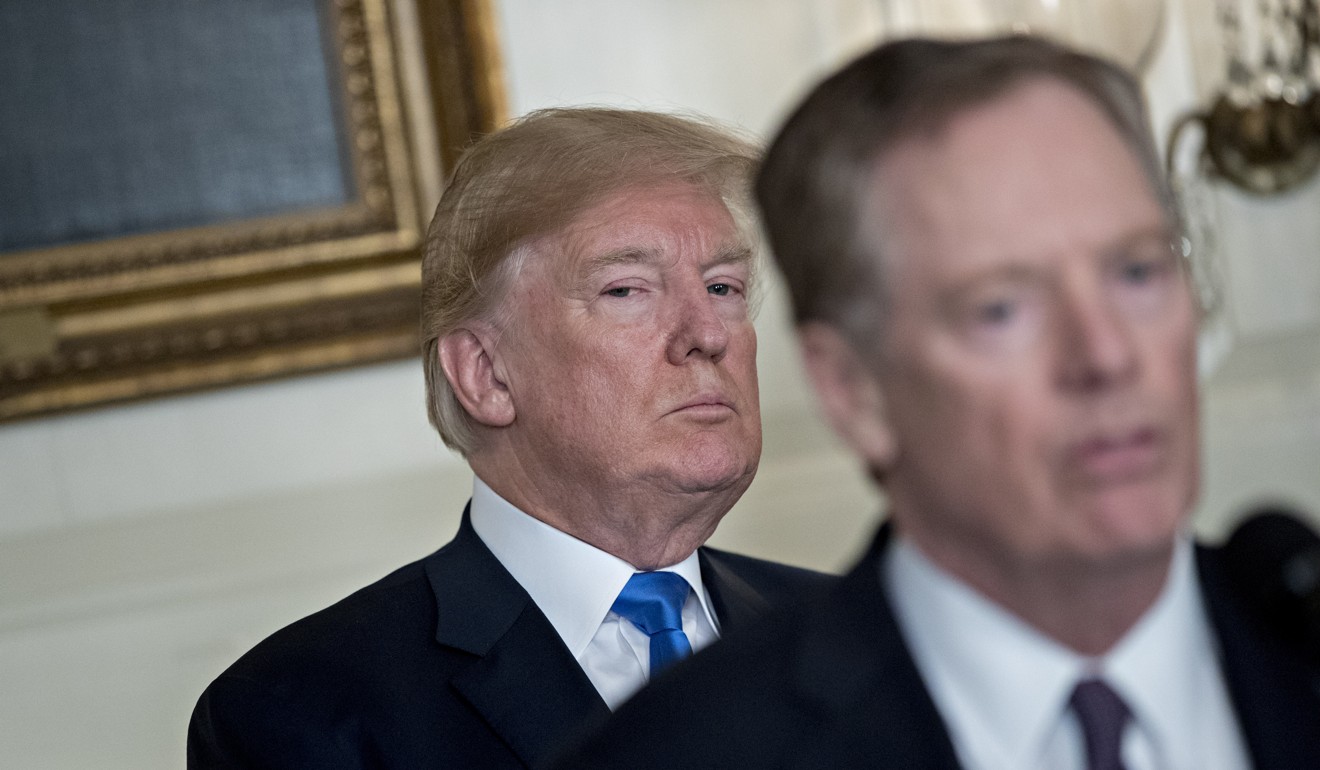
Trade war will probably not end in Armageddon, but investors should be wary
Aidan Yao says that, ultimately, the consequences of a trade war between Washington and Beijing would be so severe that we can expect both countries to back down. In the meantime, however, expect disruptions
To be frank, we, like the market, have been caught off guard by how fast the situation has deteriorated over the past month.
The degree of hostility ratcheted up to unprecedented levels within a very short period, leaving the market concerned that confrontations between the world’s two largest economies will deal a lethal blow to the global recovery.
Knowing what is at stake, one can only assume that trade policies are no longer viewed as pure economic issues, but a tool to reap political gains.
US-China trade war may be a boon to the euro and Brazilian real
Can China play the globalisation card to win ‘trade war’ allies in Europe?
These political entanglements in what one might consider a purely economic issue have complicated the situation and made predicting the future all the more difficult.
For what is worth, it’s still assumed that the two sides will come to their senses and work something out to avoid trade Armageddon. Not only does it make perfect economic sense, but the political case for a deal is strong, too.

Trade war threat a reminder of the global risks to China’s 2050 growth plan
Overall, a trade war makes no economic or political sense for Trump or Xi.
Despite being sanguine on the eventual outcome, however, the path to that final destination is likely to be bumpy. Trump’s tactic of exerting maximum pressure on his opponents ahead of negotiation – consistent with his “art of the deal” strategy – is now being countered by similar tactics from Xi, suggesting Trump has met his match.
With hostile exchanges possibly continuing, the global markets will be in for a rough ride until a final outcome is reached.
Investors need to take note of these risks, and properly protect their portfolio before the cloud of uncertainty clears.
Aidan Yao is senior emerging Asia economist at AXA Investment Managers

